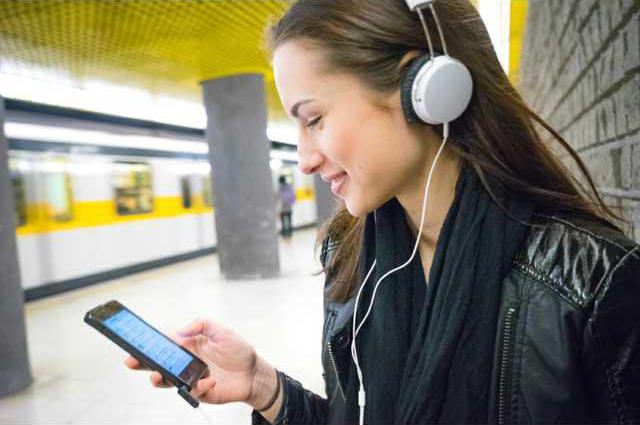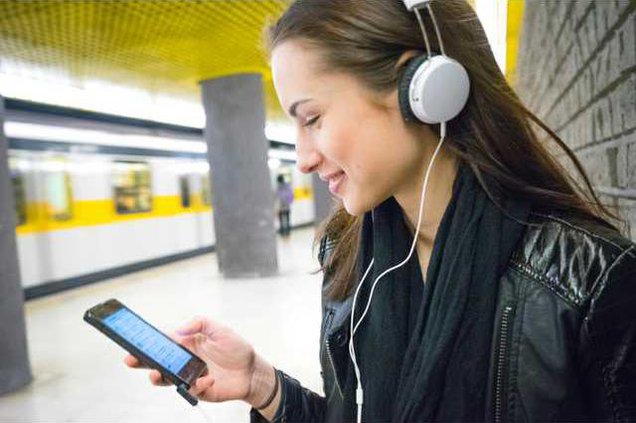Spotify is giving you the chance to travel around the world with just an Internet connection and a pair of headphones.
The online streaming service has released a series of playlists for major cities across the world where they have a significant number of users. Each playlist, which is updated twice a month, includes songs from local artists and unique tracks people in the area listen to.
Enjoy the electronic beats of Paris, the soaring vocals of Rome, and the fast-paced pop tunes of Taipei before you head back home to the songs you and your friends love to listen to everyday.
To go on a vacation from the comfort of your own smartphone or laptop, check out Spotifys map of playlists below. Just pick a city, sit back and relax.
The online streaming service has released a series of playlists for major cities across the world where they have a significant number of users. Each playlist, which is updated twice a month, includes songs from local artists and unique tracks people in the area listen to.
Enjoy the electronic beats of Paris, the soaring vocals of Rome, and the fast-paced pop tunes of Taipei before you head back home to the songs you and your friends love to listen to everyday.
To go on a vacation from the comfort of your own smartphone or laptop, check out Spotifys map of playlists below. Just pick a city, sit back and relax.








